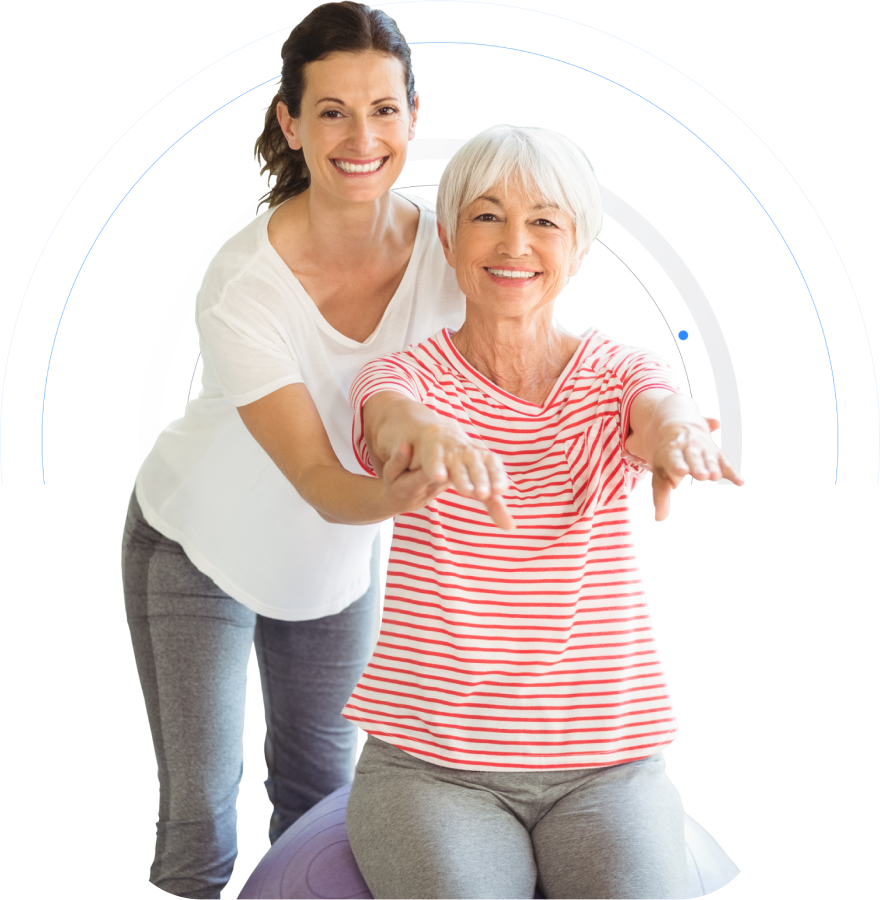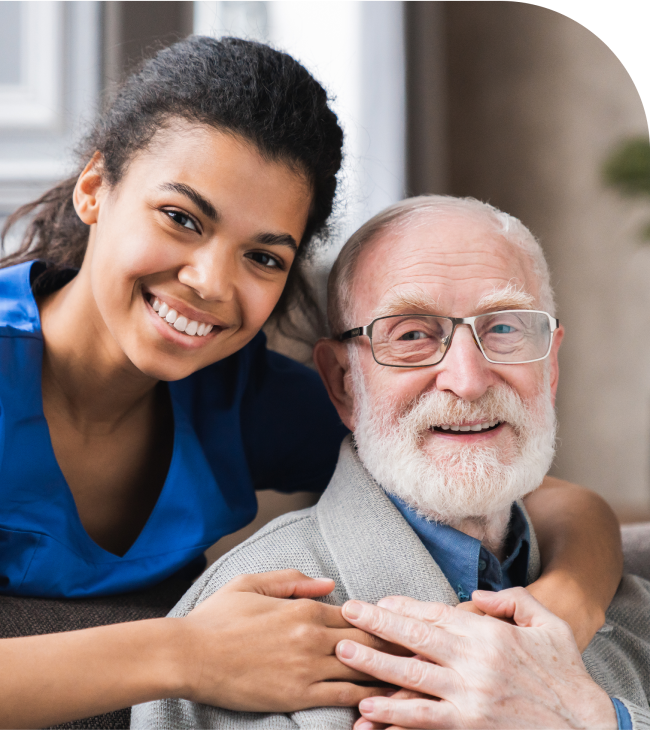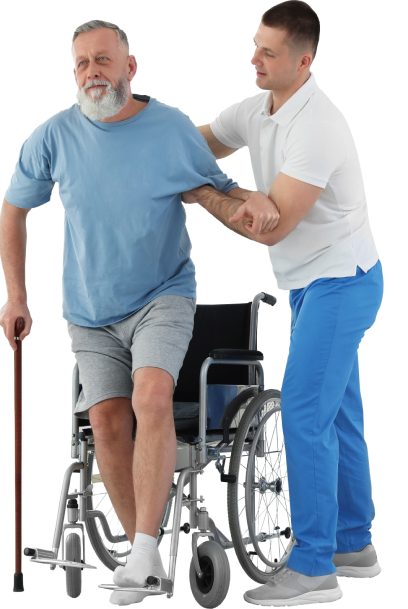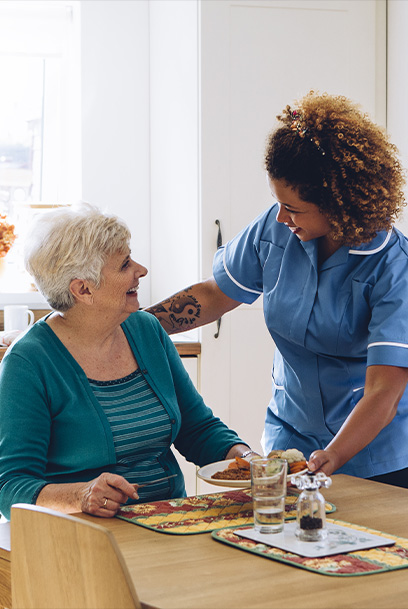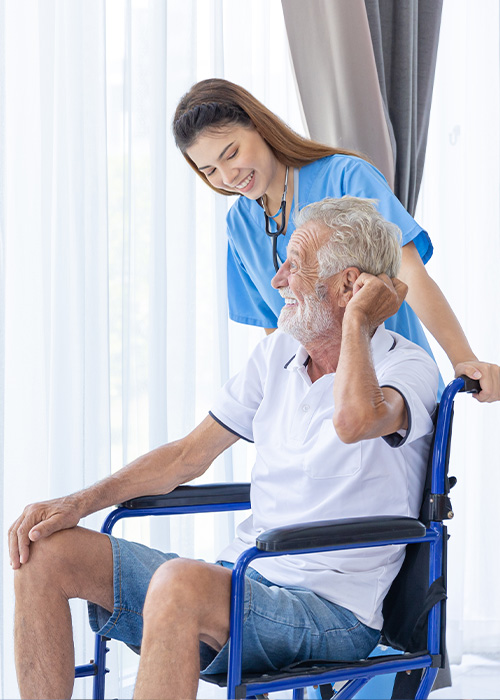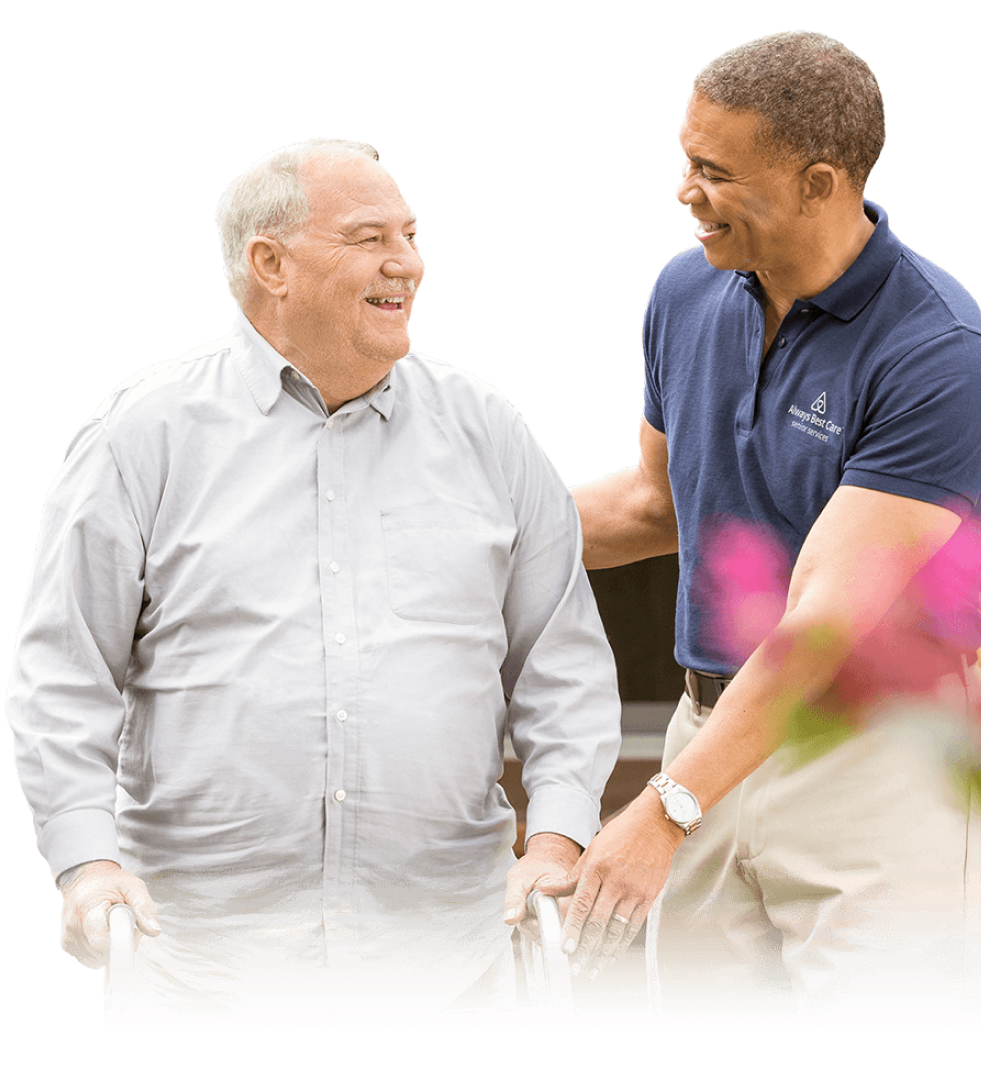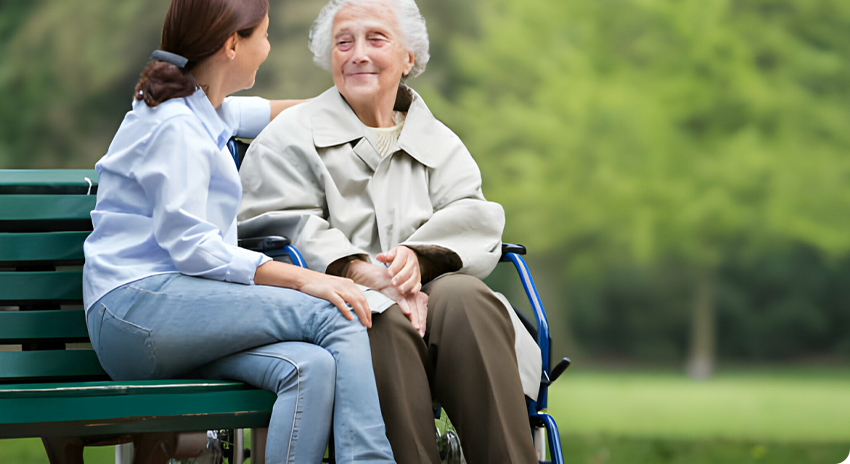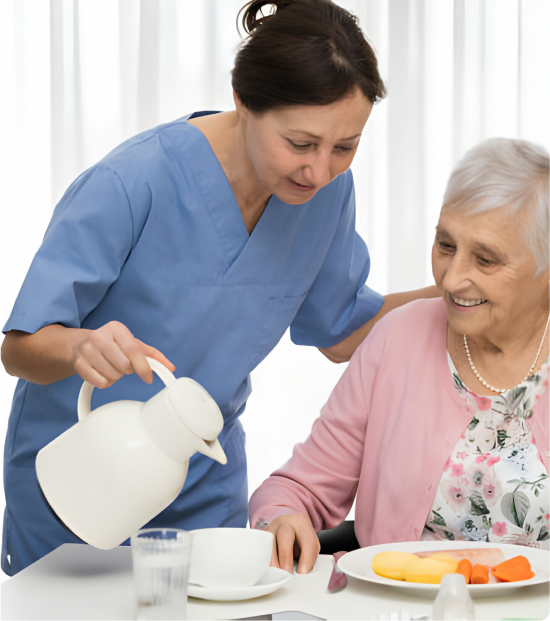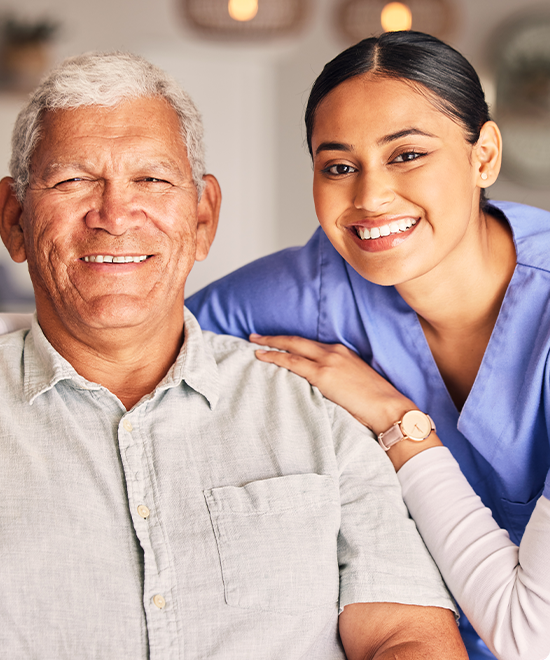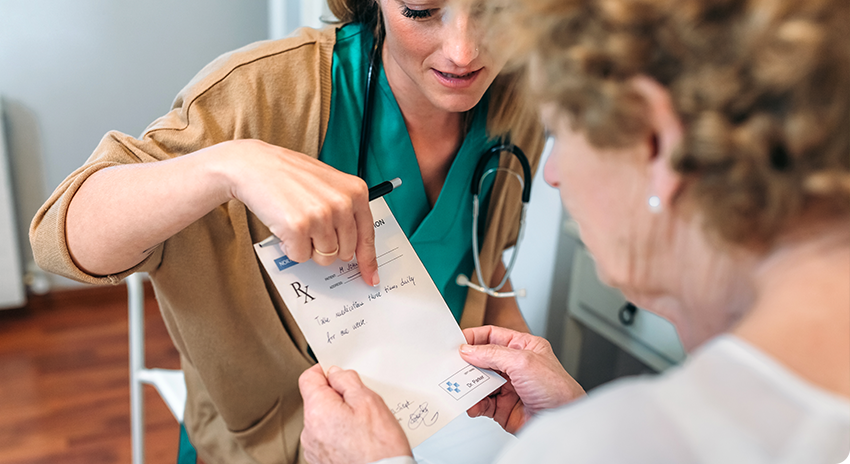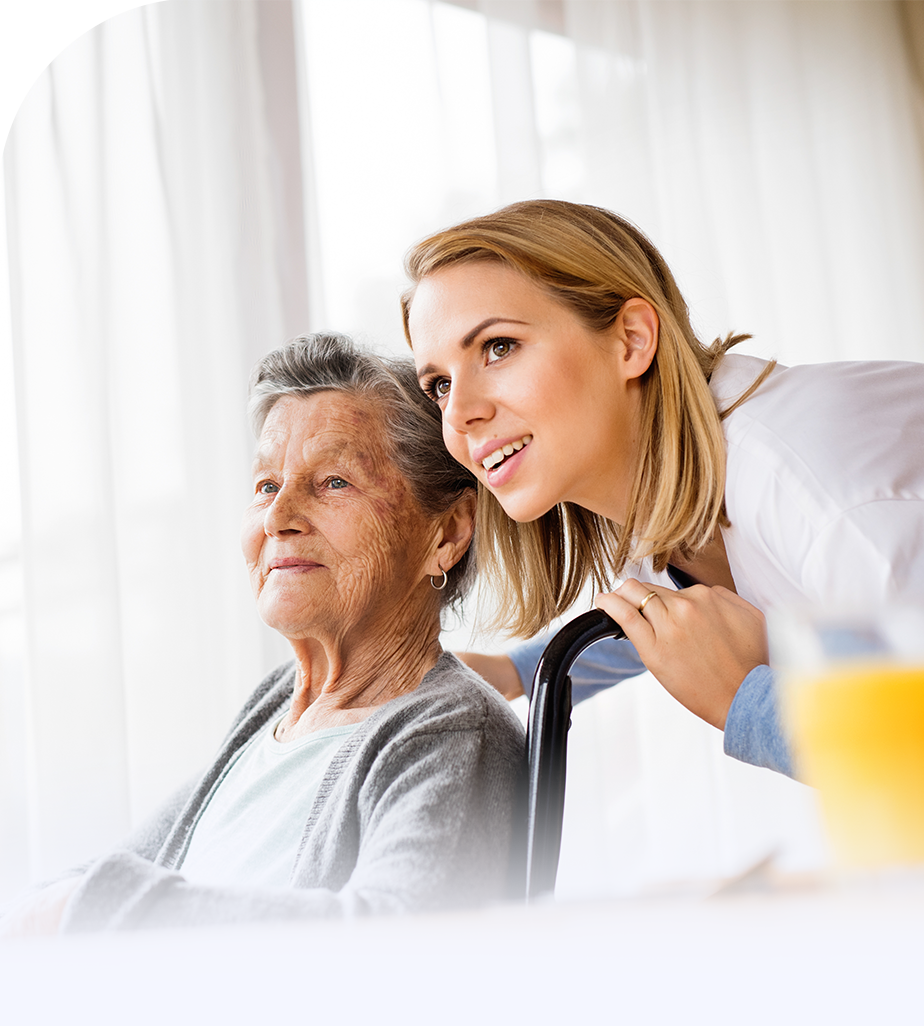NORWALK — Tim Abbott knew the Greens Ledge Lighthouse off the Norwalk coast as a fishing spot growing up, even when the historic structure was “beat up,” he said.
Abbott then became a sailing instructor and would take students sailing around the lighthouse, where he could see a group of people working on it. He finally got to step foot on the small island that housed the renovated lighthouse when he became assistant education director for high school programs for the Stamford-based nonprofit SoundWaters.
“You’re five stories up above the water but you’re out in the middle of the water, which is a little indescribable,” Abbott said.
Now, he gets to help others enjoy that same “indescribable” experience through SoundWaters by hosting educational programming out on the lighthouse so people can learn more about Long Island Sound.
The lighthouse, which went into service in 1902, at one point was designated by the National Register of Historic Places as “deteriorated.” That’s one step above “ruins,” Tim Pettee, president of the Greens Ledge Light Preservation Society, said in a previous story.
Pettee bought the lighthouse with his family and began restoring it in 2016. They transferred control of it to the preservation society.
The programming and the idea of turning the lighthouse into a “classroom on the sound” is the best way to make sure the lighthouse still stands for the next hundred years, Pettee said in a recent interview.
“Success for us is people using it,” Pettee said.
Next year, the group behind the lighthouse’s restoration will have a boat with beach landing capabilities to get people to and from the lighthouse for tours, he said.
Before, they used “expensive charter services” to transport people to the lighthouse or use a smaller powerboat that could fit six people.
Abbott said SoundWaters primarily brings high school students interested in pursuing sciences as a career out to the lighthouse. The first group of students went out in the summer of 2024, where the group did water sampling and testing.
Access to the lighthouse also allows SoundWaters to get new types of data and perform research in deeper water than the group usually does.
Pettee said he eventually wants to get instruments for the lighthouse that can monitor and record water quality, which he wants to share with “anybody who wants it.”
It’s especially nice to have another location to host the nonprofit’s programming because some people along Connecticut’s shoreline may be unable to make it to Stamford, where SoundWaters is based, due to traffic, Abbott said.
“A lot of (the students) will say it’s up there amongst their favorite things that they did with us,” Abbott said.
The lighthouse, he said, can help break down other barriers keeping people from accessing Long Island Sound, including many of the beaches charging entry fees or that good chunks of the coastline are on private property.
“Getting people out there is probably the number one most important thing,” Abbott said.
Exposing more people to Long Island Sound may also defeat the notion that the whole body of water is “dirty,” which Abbott said was an “old school message.”
Abbott said the pollution along the Norwalk area’s coastline has gotten “a lot better.”
“You can fall in love with this green water if you give it a chance,” Abbott said.
Abbott said he was grateful Pettee restored the lighthouse and called it “such an important part of history around here.”
Pettee said the group is 95% done with the restoration. The focus now is primarily on maintaining the lighthouse by keeping it open as an active educational space, which he called the “biggest part of the next 100 years” of the lighthouse. He also said he wanted to partner with schools in the Norwalk area to get more students out to the lighthouse.
That education, besides just letting people learn about the lighthouse, can also impart the love, respect and willingness to maintain it for future generations, Pettee said.
“If the lighthouse doesn’t get used and used responsibly, it could fall into decay once again and we are committed to that not happening,” Pettee said.

 203-292-6200
203-292-6200

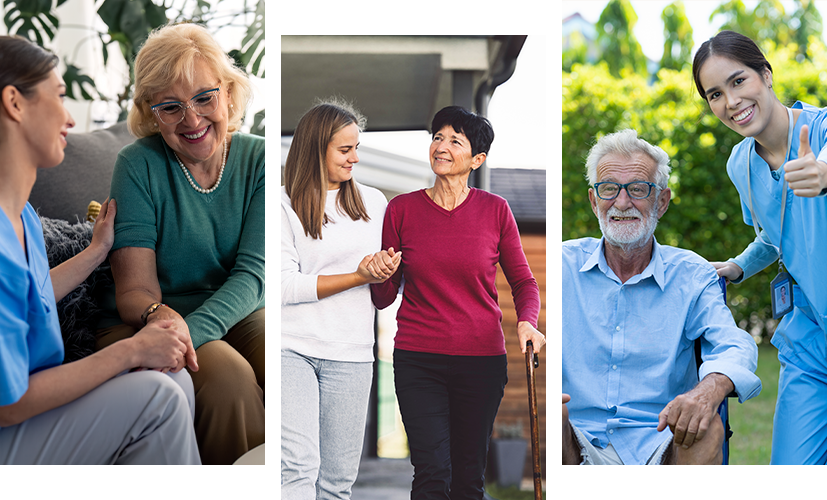


 Service Areas
Service Areas